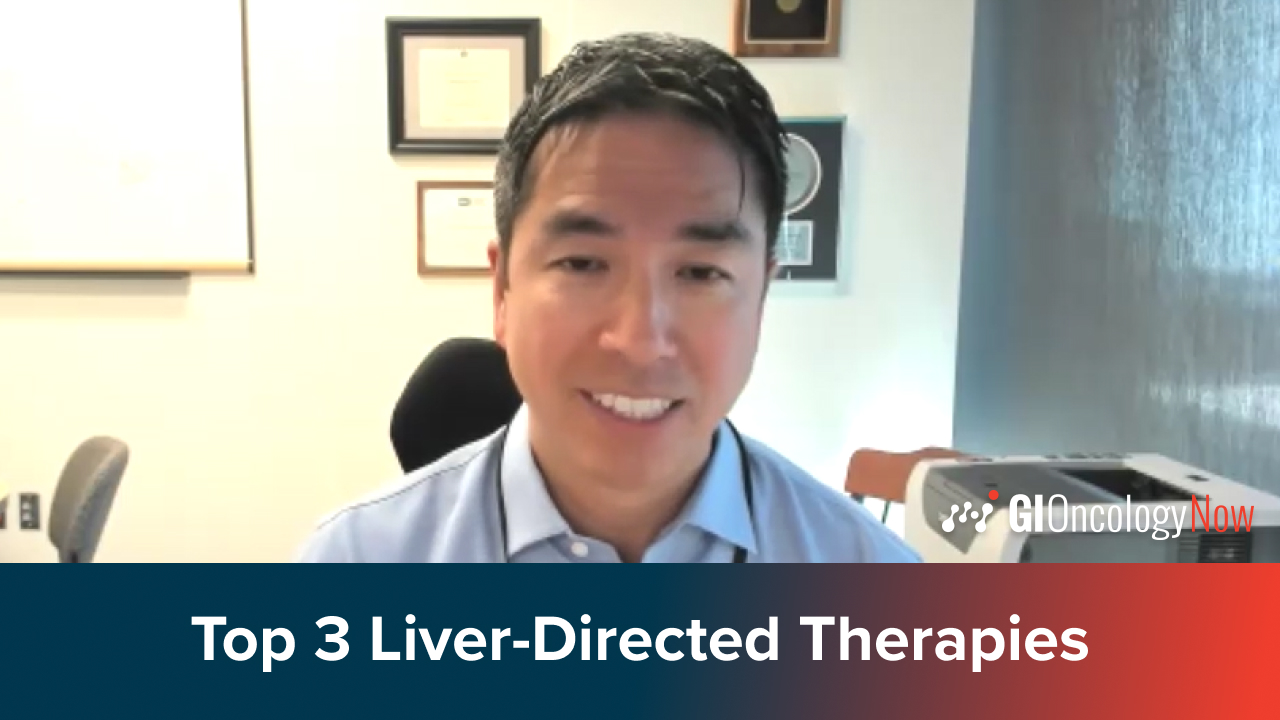Sequencing Novel Therapies in Colorectal Cancer
By Shikha Jain, MD, FACP, Suneel Kamath, MD, Arvind Dasari, MD, MS, Sakti Chakrabarti, MD - Last Updated: March 19, 2025A roundtable discussion, moderated by Shikha Jain, MD, FACP, discussed the treatment sequencing, management, and future directions of advanced colorectal cancer, as well as relevant clinical trial data from the 2024 American Society of Clinical Oncology Annual Meeting. Dr. Jain was joined by Suneel Kamath, MD; Arvind Dasari, MD, MS; and Sakti Chakrabarti, MD.
In the fifth segment of the roundtable series, the panel explores the impact of ctDNA in adjuvant settings, sequencing challenges for therapies like fruquintinib and TAS-102, and the transformative potential of KRAS-targeted therapies such as sotorasib.
View the next segment on Future Directions in Colorectal Cancer Care.
—
Dr. Dasari: As the PI for FRESCO-2, it is gratifying to hear about real-world experiences. Moving to other options, the SUNLIGHT trial demonstrated TAS-102 plus bevacizumab efficacy in the third-line setting, while fruquintinib approval spans third-line and beyond. A current debate is sequencing these therapies. How do you approach this?
Dr. Jain: That is exactly what I was going to ask next. Tell us about your sequencing strategies, which is challenging, especially for fellows entering practice, often influenced by their attending’s approach until new data emerges. What are your thoughts on this?
Dr. Kamath: It is indeed challenging without clear data. FRESCO-2 supports using fruquintinib before or after TAS-102 or regorafenib. I typically favor fruquintinib in the third line due to its bone marrow-sparing and proven efficacy, considering quality of life benefits. Trifluridine/tipiracil’s significant neutropenia makes spacing it after FOLFOX and FOLFIRI crucial, aiming for patients to complete multiple effective lines of therapy.
Dr. Chakrabarti: Logistics also play a role. Patients tired of carrying pumps prefer oral therapies like fruquintinib. Sequentially optimizing treatments ensures patients receive all effective options, maximizing survival.
Dr. Jain: Let us touch on CodeBreaK 300 and its impact.
Dr. Kamath: CodeBreaK 300 marks a milestone in KRAS targeting for colorectal cancer, highlighting the necessity of EGFR inhibition alongside KRAS targeting, unlike in other cancers. This chemotherapy-free regimen with sotorasib plus panitumumab shows a 30% response rate and impressive survival outcomes, setting a precedent for KRAS G12C in colorectal cancer.
Dr. Chakrabarti: Indeed, with emerging pan-RAS inhibitors, this paradigm is expanding.







 © 2025 Mashup Media, LLC, a Formedics Property. All Rights Reserved.
© 2025 Mashup Media, LLC, a Formedics Property. All Rights Reserved.